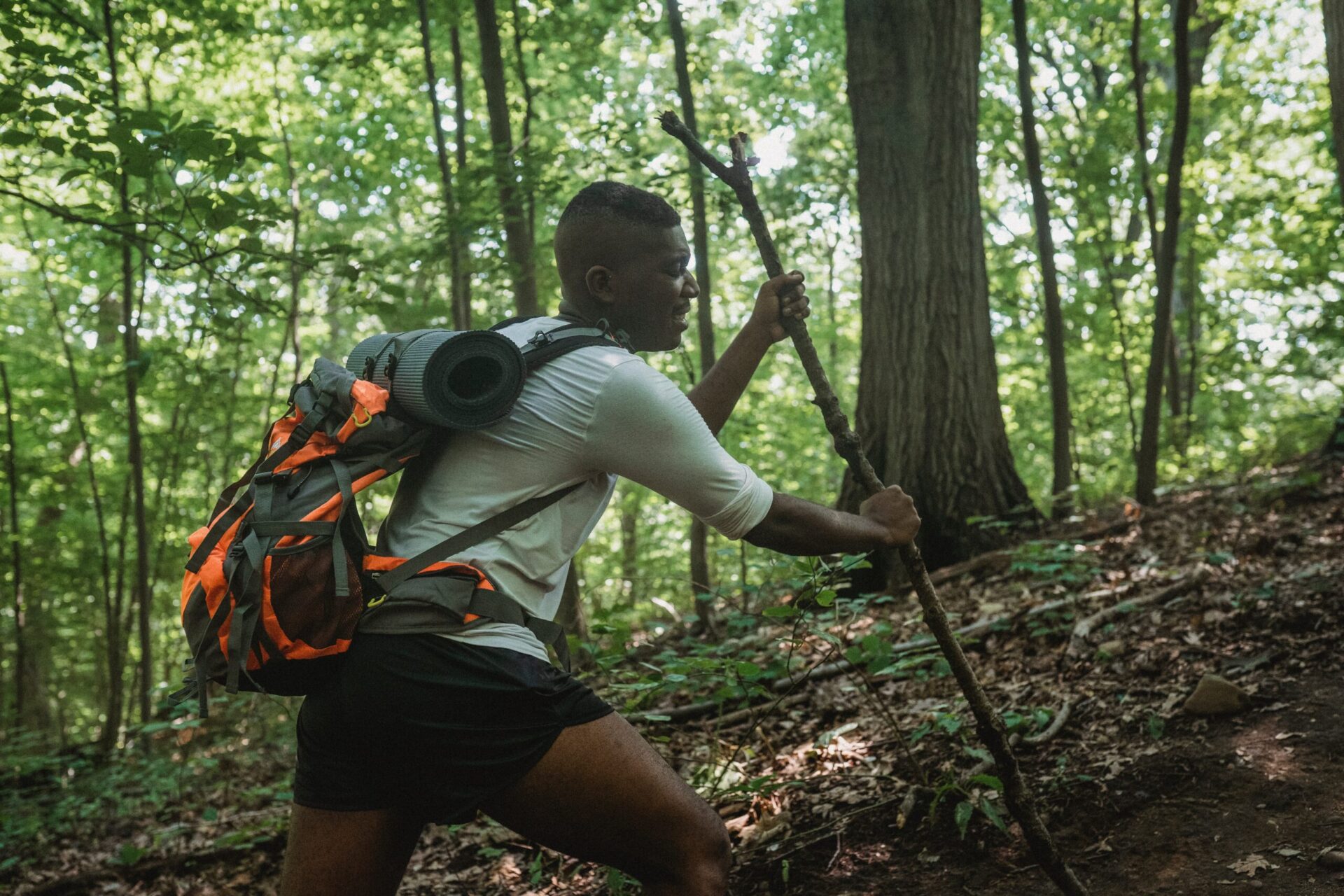The first hiking trail in Colorado dedicated to a Black person recently opened following efforts led by several Black hiking groups to diversify O’ Fallon Park.
Winston K. Walker, who died in 2019, is being memorialized due to the efforts of his protégé Jessica Newton, who heads Vibe Tribe Adventures, an organization dedicated to creating diverse hiking groups traditionally underrepresented on hiking trails.
“Winston said to me, before he passed away, ‘Jess, I need to teach you everything I know about the outdoors,'” Newton recalled. “I think he knew he was getting sicker and sicker and I’m just grateful that he was able to be my mentor to actually help carry on the next generation to encourage the Black and Brown community to adventure.”
View this post on Instagram
Walker is credited with exposing thousands of people to the Colorado Parks system and is the co-founder of the Beckwourth Mountain Club. He had a personal mission to assist as many women and people of color as he could in their endeavors to get into the wilderness.
“It’s part of our birthright as Denverites to be part of this outdoor culture,” Happy Haynes, director of Denver Parks and Recreation describes the need for increased access to underserved groups to the Denver Gazette, explained. “And yet we have people who live with this in their backyards and haven’t had this access.”
There is a “nature gap” in outdoor spaces, according to a 2020 study from North Carolina State University; the lack of diversity and inclusion in nature spaces can be traced back to slavery. The study traces the link between historic discrimination against Black people and a lack of participation in outdoor activities.
Even the Sierra Club, an outdoor club founded by “the father of national parks” John Muir, was inspired to denounce its founder’s racism and the role it played in continuing to keep Black people away from nature spaces and national parks.
“He (Muir) made derogatory comments about Black people and Indigenous peoples that drew on deeply harmful racist stereotypes, though his views evolved later in his life,” Micheal Brune, the executive director of the Sierra Club, wrote on its website in 2020. “As the most iconic figure in Sierra Club history, Muir’s words and actions carry an especially heavy weight. They continue to hurt and alienate Indigenous people and people of color.”
RELATED CONTENT: Yes We Camp: 5 Cool Fishing, Hiking and Nature Groups for African Americans
